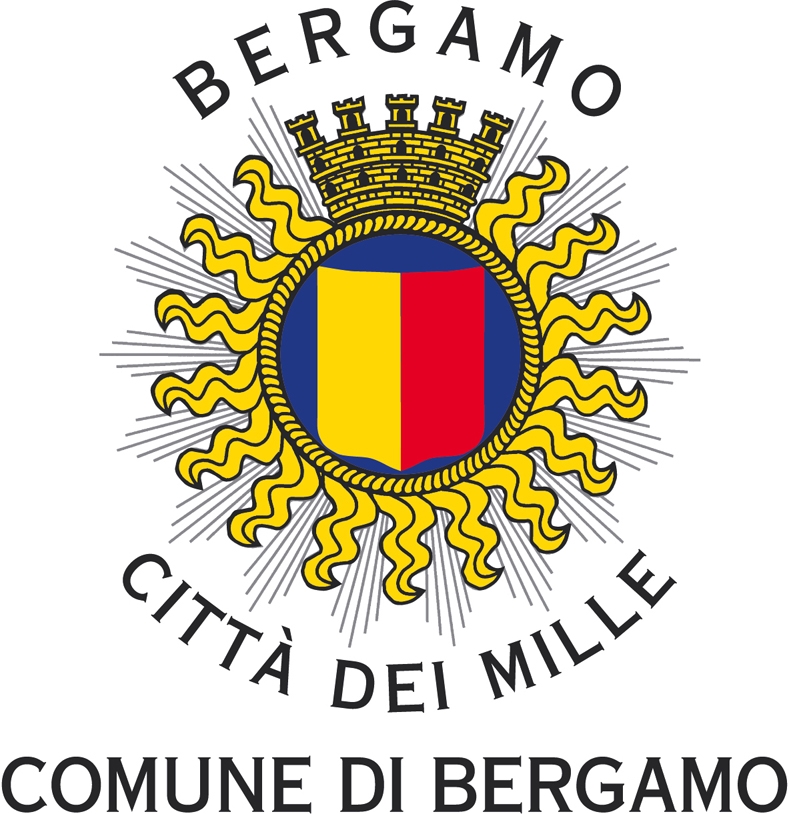Good Practice
Open schools
Rethink spaces, time and teaching, but first and foremost promote an idea of schooling with citizen participation at its core.
POLICY OBJECTIVE
- Open schools to citizens and create a time when school space is transformed to allow for a different way of learning, including with figures from schools and extracurricular activities.
- Offer pupils outdoor classes in the city and spaces for educational continuity on school grounds in the afternoon.
- Increase inclusion among various ethnic groups, especially foreign-born children.
- Allow people to balance school and family time by providing children with time to socialize and families with support.
- Offer supervised spaces staffed by qualified adults where participants can experience and develop soft skills.
- Give local communities a chance to make proposals and contribute to the development of younger generations.
CONTEXT
The Open Schools project was born from research into how schools develop active citizenship. While great differences were evident among the rich panorama of emerging proposals and experiences, the common denominator was the desire to tap into collaboration among schools, parents’ committees, associations, and other groups in the local community to propose afternoon activities in school facilities.
Such experiences open the school to the local community and allow it to build continuity between teaching and extracurricular activities, building a place, physical and otherwise, where children can experience educational actions and are not left alone.
POLICY DESCRIPTION
Since 2020/2021, the policy has sought to create a network connecting individual institutions and schools in the city. The needs of each neighbourhood are unique, but efforts to open schools to the surrounding area are always motivated by parents’ demands for balance of school and family time.
Certain neighbourhoods have attested to an urgent need to find new and inclusive ways to integrate foreign-born children into schools, and to build stronger relationships with their families.
The city administration sees the need to identify sustainable strategies and responses to these issues as a chance to rethink education and the responsibilities it involves.
KEY ASPECTS
- Invites all citizens to share and reflect on their experiences participating in interactions involving schools, families and institutions.
- Encourages translation of the concepts of citizenship, participation, and democracy into something tangible.
- Invites participants to build a model of generational collaboration with social cohesion at its core.
- Helps foreign-born children to integrate in schools.
- Expands the moments and spaces of cultural and social life.
RESULTS
Participants include 9 schools, 3 local associations and 34 partners across Italy.



